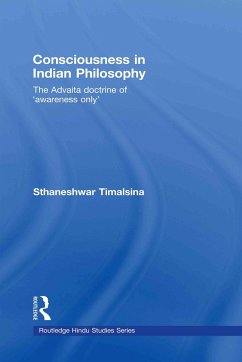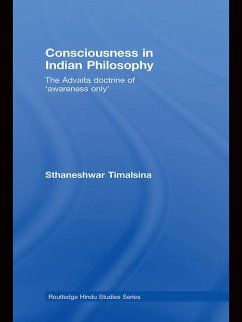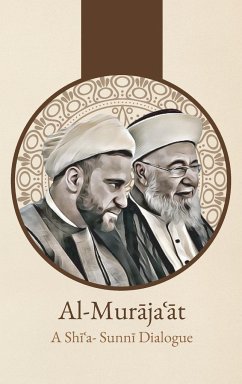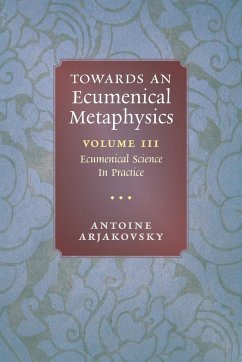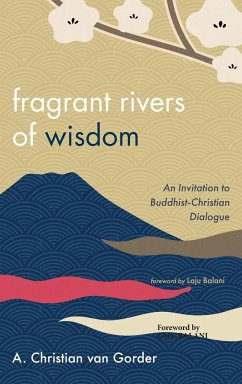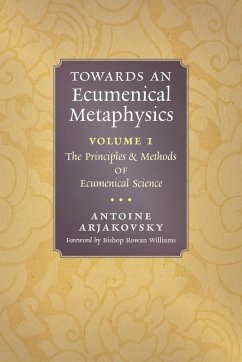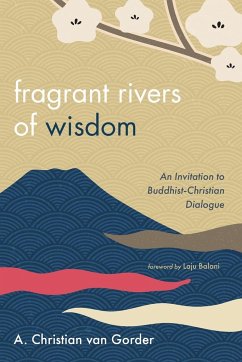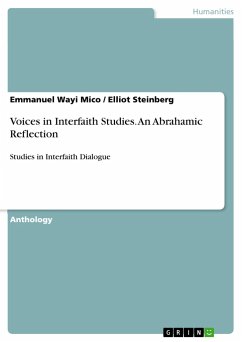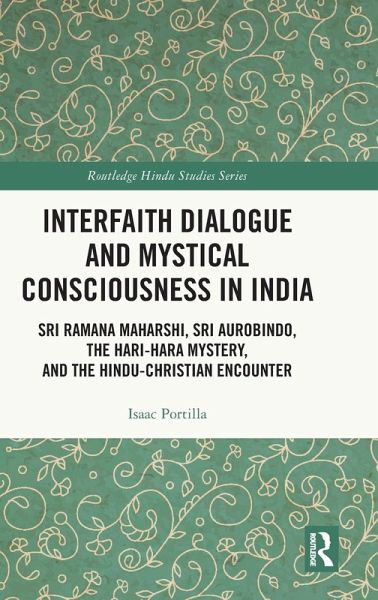
Interfaith Dialogue and Mystical Consciousness in India
Sri Ramana Maharshi, Sri Aurobindo, the Hari-Hara Mystery, and the Hindu-Christian Encounter
Versandkostenfrei!
Versandfertig in 1-2 Wochen
179,99 €
inkl. MwSt.
Weitere Ausgaben:

PAYBACK Punkte
90 °P sammeln!
This book is a research inquiry in interfaith studies that uses hermeneutical phenomenology to address vexing issues arising in the study of mysticism and enlightened sages. It will interest religious studies, interreligious/interfaith studies, comparative religion/theology, and interfaith relations.




